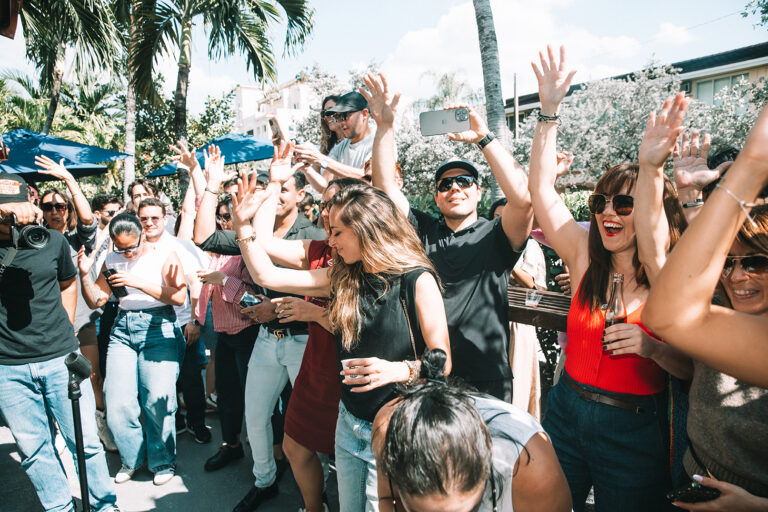
A reggaeton hit, featuring a powerhouse lineup of Colombian artists including Karol G, J Balvin, and Maluma, has ignited a fierce national debate in Colombia. The song, “+57,” referencing the country’s telephone code, has been both a commercial success and a lightning rod for controversy, sparking outrage over lyrics deemed to sexualize a minor.
The contentious line, “a mamacita since she was 14,” coupled with other explicit references to drugs and women’s bodies, has drawn sharp criticism from various sectors of Colombian society. Despite its 35 million streams and top spot on Spotify Colombia, the song has been accused of perpetuating harmful stereotypes about the country, particularly its association with sex tourism and the exploitation of women.
The backlash has reached the highest levels of government. Culture Minister Juan David Correa condemned the song as “banal, childish,” and “inconsequential,” arguing it reinforces negative perceptions of Colombia. The director of the country’s child welfare agency echoed these concerns, linking the lyrics to the “pattern of crime” associated with sex trafficking. Lawmakers have even proposed legislation to punish artists who promote explicit lyrics.
Caught in the crossfire, Karol G, a prominent female reggaeton artist known for her empowering lyrics, apologized for the song and the lyrics were changed to “since she was 18.” She acknowledged the lyrics were “taken out of context” but took responsibility, admitting she still had “a lot to learn.” However, other artists involved, like J Balvin and Blessd, have defended the song, arguing against what they perceive as an unfair attack on the reggaeton genre.
Defenders of reggaeton argue that the criticism is selective, pointing out that other genres, like vallenato, also contain misogynistic lyrics without facing similar scrutiny. They claim the backlash is rooted in a broader disdain for reggaeton, a genre that emerged from marginalized communities and often reflects their social realities.
The controversy has also sparked a debate about cultural representation. Medellín, a city that has become a reggaeton hub, is also grappling with its reputation for drugs and sex tourism. Some argue that reggaeton is an integral part of Medellín’s culture and should be viewed within that context. Andrea Sañudo, a Medellín resident, argued that the criticism is “hypocritical” and ignores the realities of the communities from which the music originates.
The “+57” controversy has become a microcosm of larger tensions surrounding artistic expression, social responsibility, and cultural representation. While some see the lyrics as harmful and exploitative, others view them as a reflection of the genre’s raw, unfiltered origins. As the debate rages on, it raises crucial questions about the role of music in shaping cultural narratives and the delicate balance between artistic freedom and social impact.




